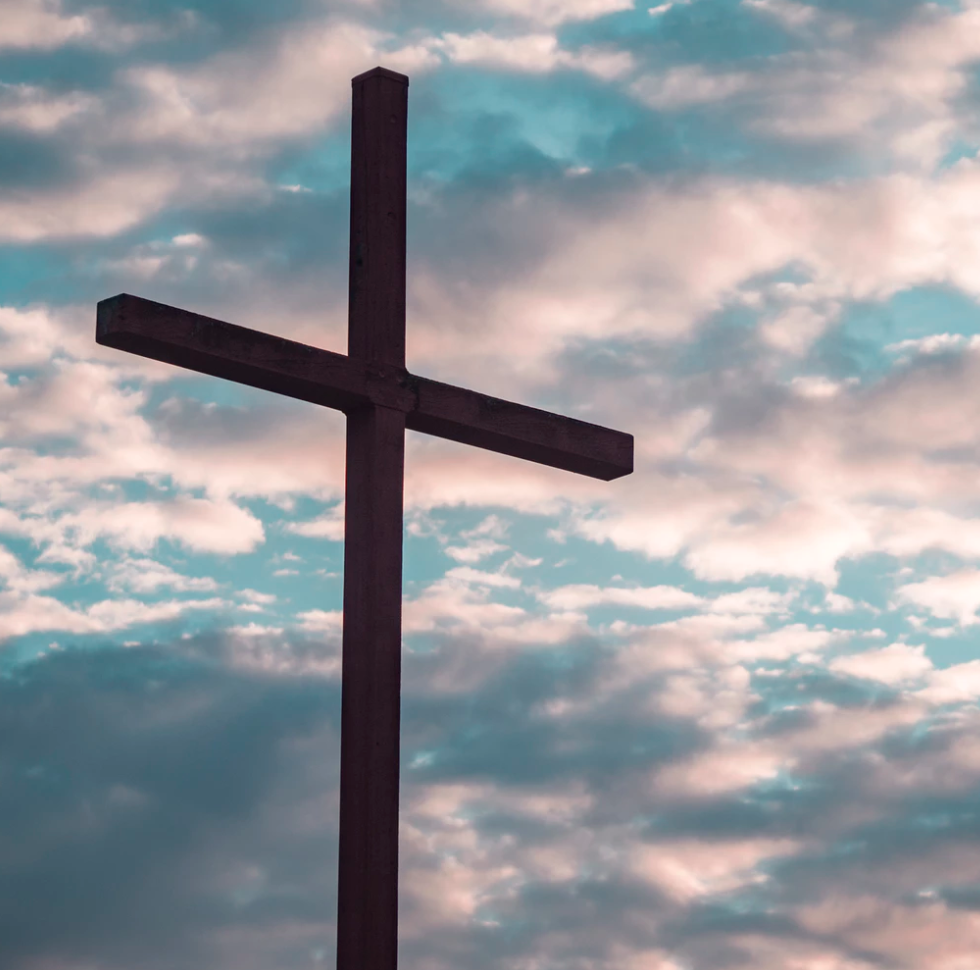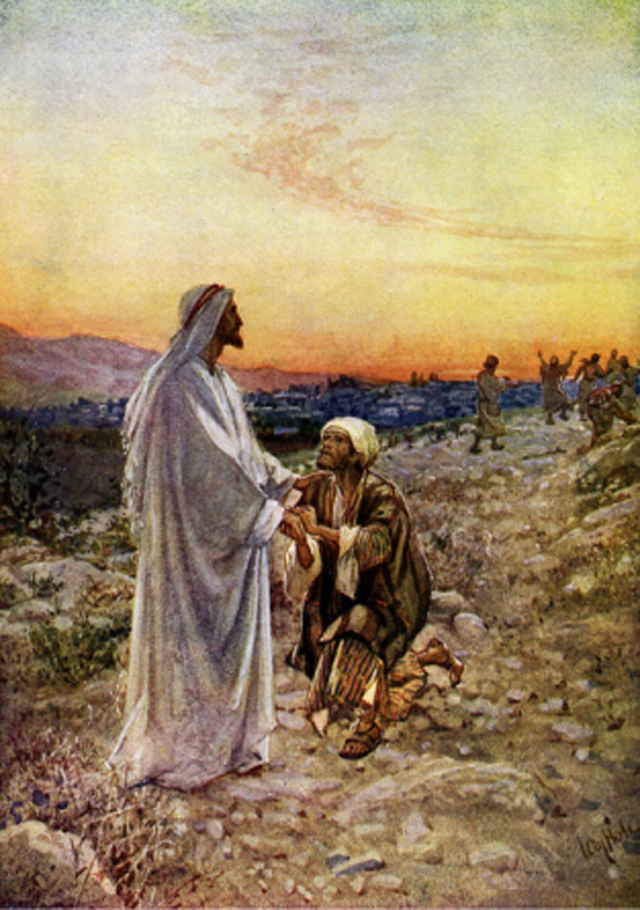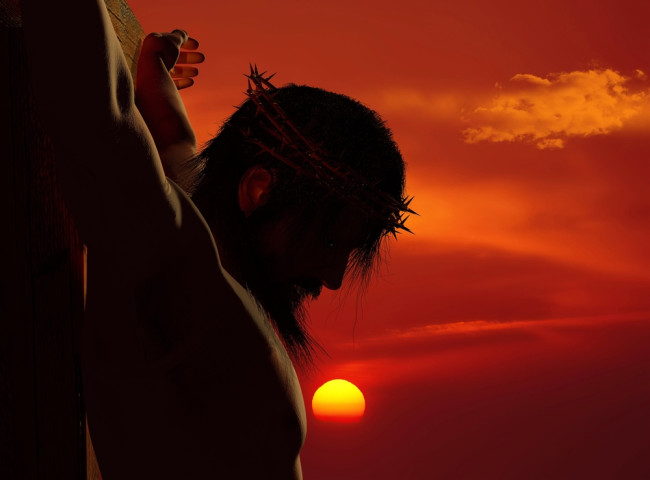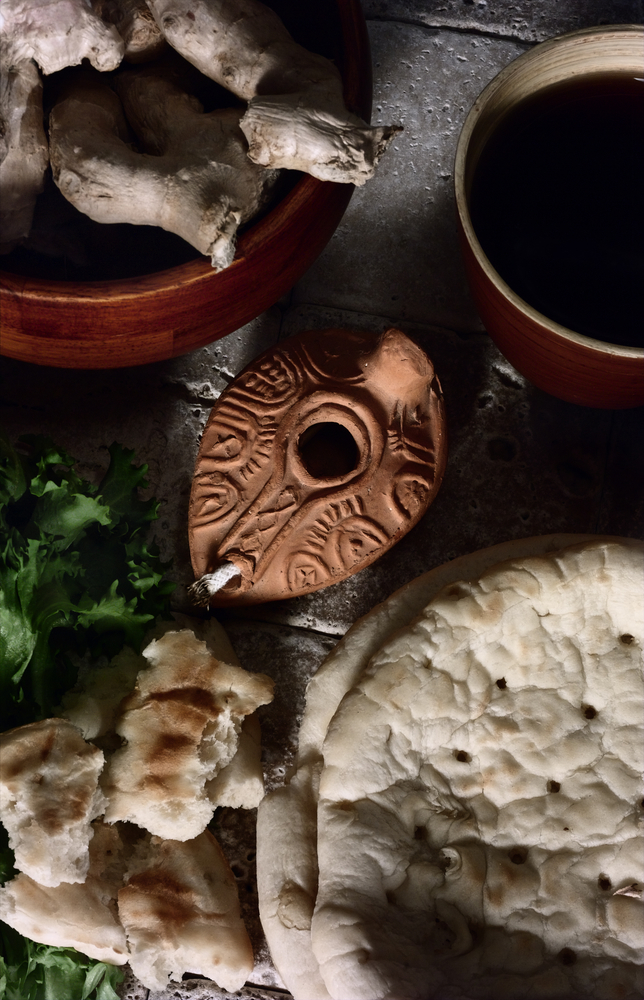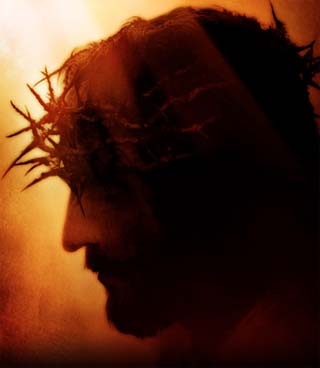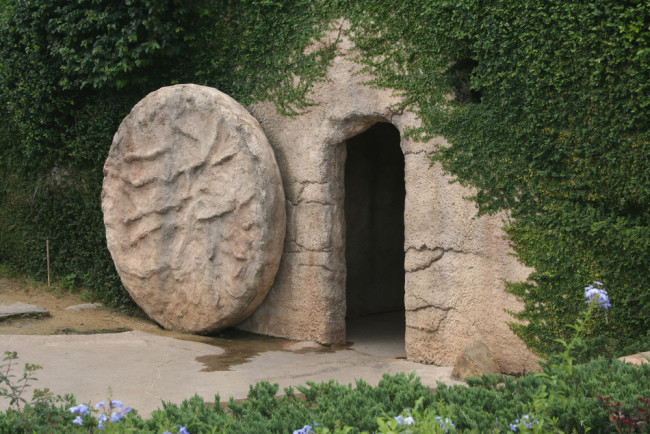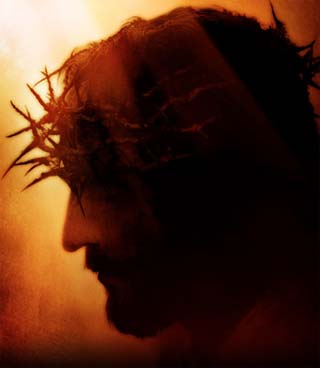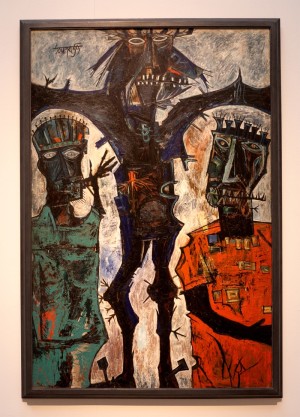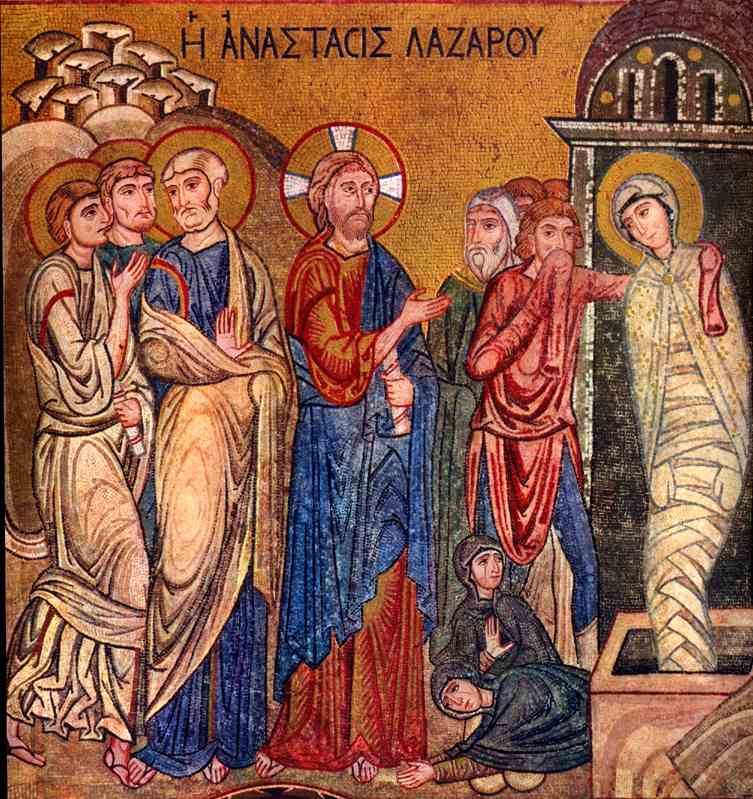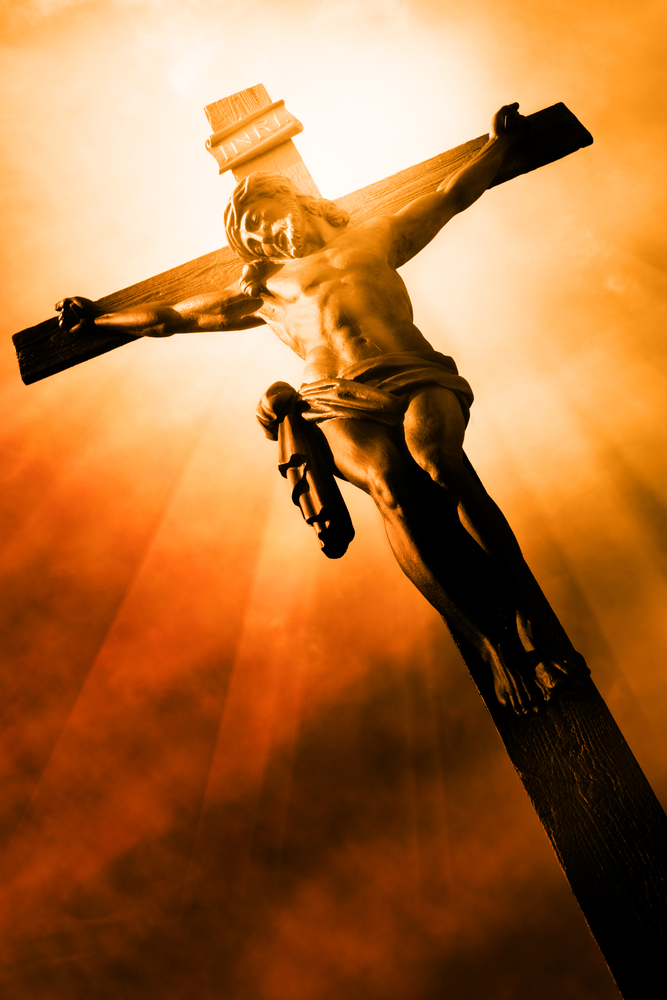A Rationale for Religious Ritual When the Rationality of Words Fail Us
When there is an absence of conscious symbolic ritual, what happens with such a lack of awareness about the power that signs and symbols play in our lives, and the depth or richness of value and meaning they provide? How can we otherwise express what is ultimately inexpressible?
“Mindfulness is "paying attention in a particular way: on purpose, in the present moment, and non-judgmentally." ... It could have been at the mouth of one of the shallow caves carved by Nature out of the limestone cliffs of Mount Quarantania, facing Jericho on the Jordan River and the Dead Sea to the southeast, that Jesus sat to gaze at forty dawns in the wilderness before he began his ministry. This 40-day season of Lent invites us to join Jesus in practicing mindfulness as he did in the desert.
This Easter, progressives will once again preach sermons and write articles in order to do their best to re-frame the Jesus story in a positive light. This isn't one of those articles.
From the Festive Worship collection
There is no Easter without making one’s peace with the dead and with the forces of destruction that lurk within the human psyche.
From the Festive Worship collection
When love and hatred engage in mortal conflict it is love which suffers most; but love has the final victory.
For deeper love we spread the bread I won’t be full till all are fed Till every soul has home and bed The rest of us can’t move ahead
The image of a scapegoat recalls a ritual performed by ancient Israel on their holiest day of the year—Yom Kippur or the Day of Atonement. A goat was chosen by means of casting lots. Actually there were two goats chosen, one was killed as a sin offering to make atonement for the holy place, the other was allowed to live to make atonement for the sins of the people.
Being a child of God – for Jesus and for the rest of us – is a poetic way of describing our direct, personal engagement with Ultimate Reality. It is an artful expression of ourselves as physically integrated with the divine essence of the cosmos. Being the son or daughter of God does not mean that any of us can leap off the cross in a single bound.
We need to acknowledge that the final week in Jesus’ life is a blending of separate biblical accounts. In other words, the story grows and develops as each successive gospel writer imaginatively retold the story. There may be some historical memory in their stories, but the details are not historical.
If Jesus died for anything, he laid down his life like most social prophets and martyrs as a complete and utter refutation and relinquishment of any vestiges of earthly kingdoms. Whatever the subsequent followers of the donkey king would retrospectively make of him, he was regarded by the powers that be as nothing more than a nuisance. As more than one biblical scholar has pointed out, the real significance of Jesus’ crucifixion lay in the fact that anyone subsequently noticed and cared about the execution of a nobody. Yet it is the way of a nobody -- not a somebody -- that has so often altered the way of an otherwise weary world.
The Gift of Mortality
Avowed atheist Susan Jacoby recently created a dust up with a recent article in the New York Times Sunday Review entitled, “The Blessings of Atheism.” She wrote in response to all the god-talk that appeared in the immediate aftermath of the Newtown massacre; with all those unanswerable questions or inadequate answers to human suffering and death so often peddled in popular religious belief. So too, not long ago author and “non-believer,” Christopher Hitchen’s posthumously published his little book Mortality; recounting his rambling thoughts on his own imminent demise; after a terminal diagnosis left him a sufficient number of days to find himself “deported from the country of the well across the stark frontier that marks off the land of malady.” But what, or where to, after that? What if this really is all there is? It seems there has always been the human hankering to imagine all kinds of fanciful notions, in our attempts to recapitulate our mortal existence into something more than it is. Many religious traditions, including centuries of “mainline” orthodox Christianity, employ great mythic stories to describe a life subsumed into something greater than we can either know, or grasp, except by “faith.” Heaven knows, some folks try to better themselves, merely in the hope of a remote possibility there something more, after our death, which is a certainty. But in the end, is it all dust and ashes? And is that OK? This is the liturgical time of year when many in the Christian tradition undergo a seasonal pilgrimage in which the faithful are reminded at the onset we mortals are nothing more than dust. And so we will one day return to that from whence we came. Then the traditional forty days end with the perennial re-enactment of a passion play commemorating the mortal demise of the one whom Christians even these many centuries later would profess to follow. Many do so in the hope of some kind of immortality for themselves in some indecipherable form or other; attributing to Jesus a “resurrection” that means the same thing to them as god-like immortality; while others of us may find such imaginings to be not only reasonably implausible, but of less importance than what we take to be of greater significance and meaning in this faith tradition. Otherwise, the vainglorious hope of immortality can become so enshrouded in our mortal fears that we become – like Lazarus in his early grave – so wrapped up in death that we fail to truly acknowledge and appreciate the gift of our mortality for what it is; nothing more, nor less. With the certain assurance then that we are but dust and ash, we can ask ourselves if the gift of our mortality is not only enough, but more than enough? And if so, as the psalmist says, how then shall we “number our days, that we may apply our hearts to wisdom?” (Psalm 90:12)
The Year of Luke is the first in a series of commentaries on biblical scripture found in the three-year cycle of Christian liturgical
I've titled this as about the Resurrection, which is just one part of a complex of beliefs... but let's return and end there... What similarities or differences do you see in Paul's Resurrection statements and beliefs and those of the early Jerusalem Jesus-followers?
First Presbyterian Church Elizabethton, Tennessee April 6, 2012 Good Friday Mark 15:1-47 A few years ago a poster advertising Mel Gibson's movie, The Passion,
Jesus is seriously dead. None of the rest of it makes any sense otherwise.

